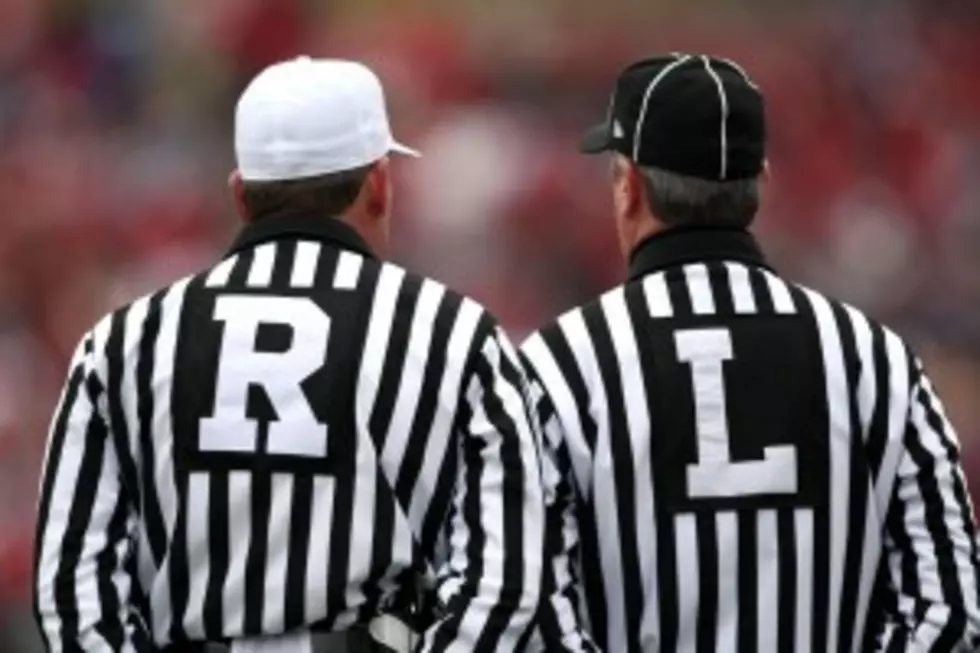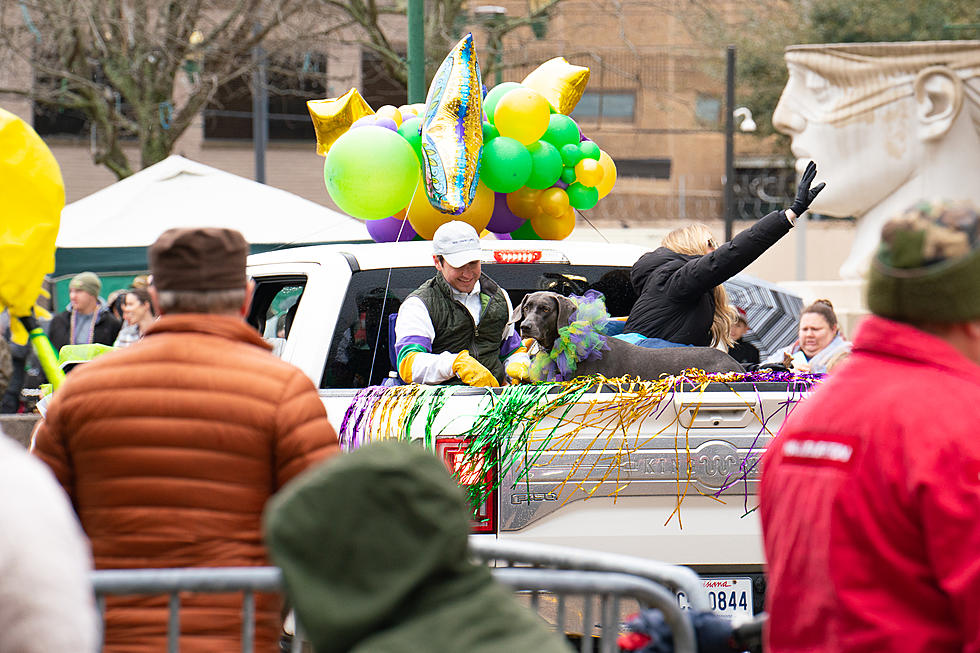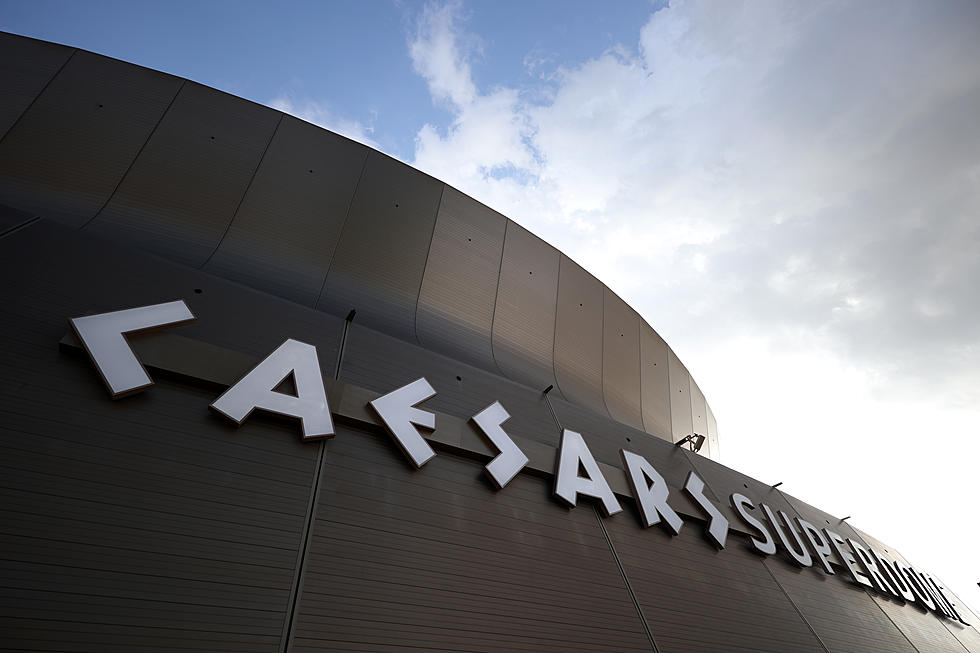
High School Football Refs Arrested; Nobody Wins
Athletic contests have a tendency to amaze their spectators. From outstanding plays to last-second heroics and everything else in between, the human drama of high school athletic competition provides just as much excitement as the latest Hollywood blockbuster.
Unfortunately, the high drama of midseason high school football was overshadowed by an absurd soap opera starring two officials and members of the Covington Police Department. The plot of that soap opera was based on a view of officials commonly held by casual sports fans—a view that officials’ authority is confined within the boundary lines of the playing field.
Yep! You read that right. Two officials were arrested by police in the middle of a game they were calling.
According to WWL’s Deke Bellavia, Covington police say one of the officials asked the officers working security to move fans away from the field. The police obliged, but another official told an officer the crowd needed to be pushed farther back.
Then, according to Bellavia’s account, one of the officers told the officials to “would you please handle the game, referee the game, and we will handle the crowd for you.” One of the officials then ejected the cops, which, in turn, led to them being hauled to the clink on public intimidation charges.
A cop with a gun intimidated by a referee with a whistle? You’ve got to be kidding me!
It’s apparent that the police officers involved in this situation don’t fully understand what the responsibilities of a high school athletics official are. Yes, officials are the arbiters of the rules of the sports they call. However, those rules obligate the officials to ensure the game is played under the safest conditions possible. It is the officials’ job and legal responsibility to stop a game and take appropriate action if they feel spectators are posing a safety risk to the players and coaches participating in a match.
Contrary to the beliefs of the officer involved in the Covington incident, the officials were “refereeing the match” by requesting the spectators be moved to their appropriate spots.
That said, the officials are just as responsible for allowing this situation to get out of hand. Was it wise for the referee to eject the officer? Absolutely not! Just because a referee has the authority to remove someone from the stadium doesn’t mean he should try to kick out a law enforcement officer.
One of my football referee buddies explained it best when I asked him about what happened. Instead of getting into an ego contest with the police officers, the crew chief, he said, should have stopped the game, explained to the home head coach the situation, and kept play stalled until the coach, the school’s administration, and/or security fixed the problem. After that, they should have filed a report with the LHSAA and let them handle the problem.
No fuss, no muss, and certainly no mug shots using that method.
At the end of the day, St. Paul won 20-3, and the officials were released on bond. However, a night that should have been highlighted by the outstanding efforts of the teenaged athletes on the field was blemished by the shortsightedness and egos of adults looking to prove they were in charge.
Both the policemen and the officials were doing their jobs. Unfortunately, they took themselves too seriously and, unfortunately, made a mockery of themselves, the game of football, and their noble professions.
More From 97.3 The Dawg









